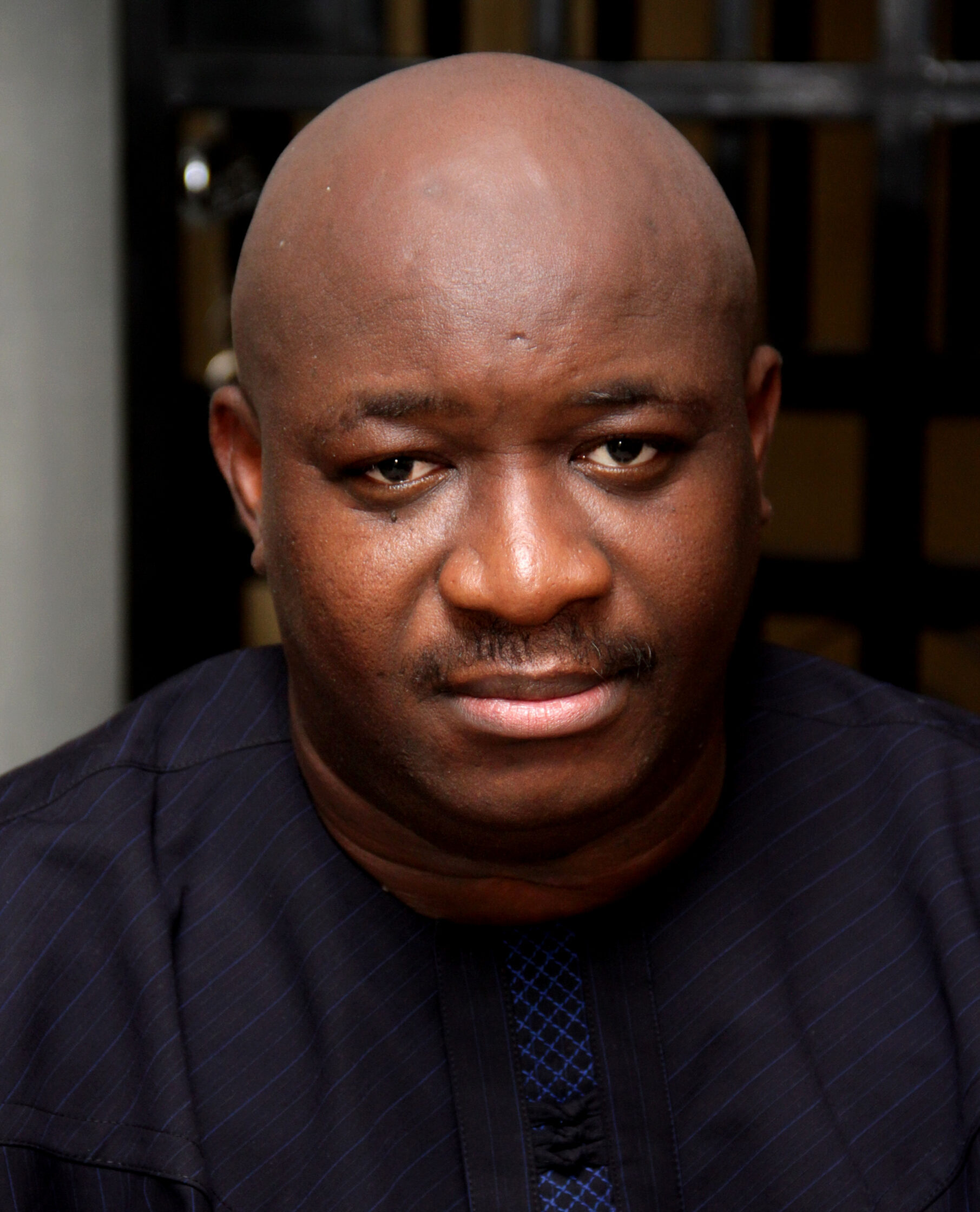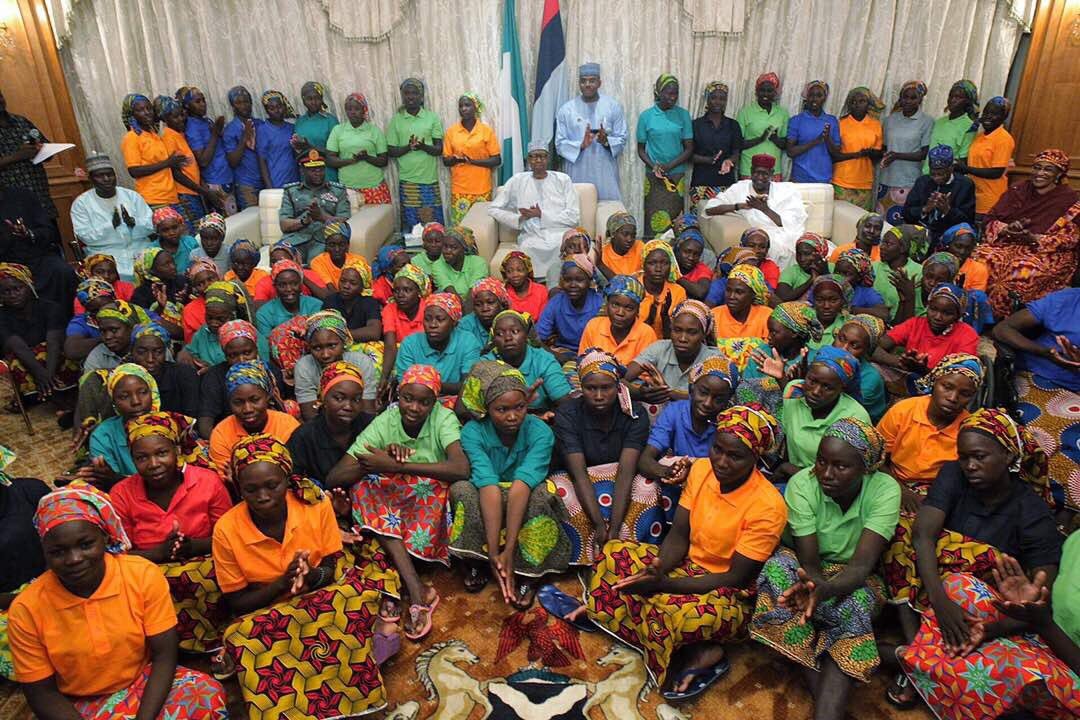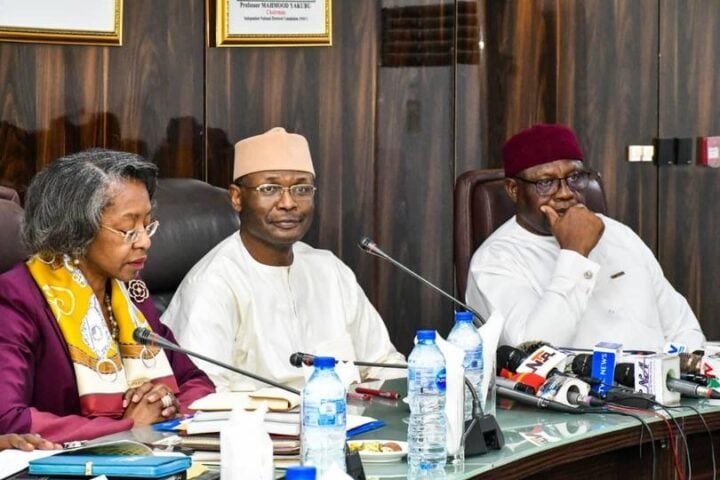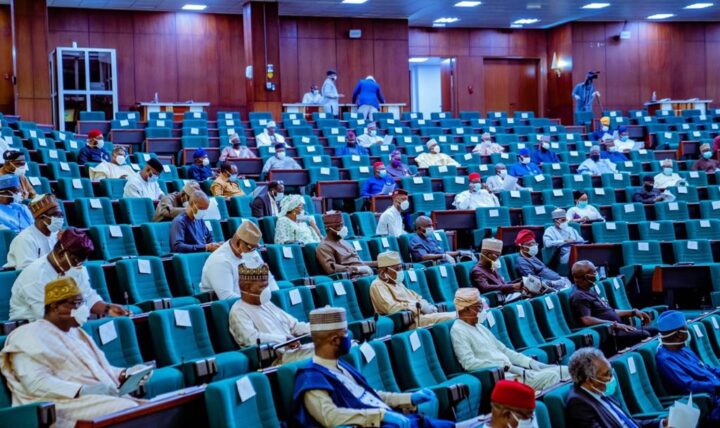To address complaints against professional journalists or media houses, a commission has been created. The commission is expected to see to the resolution of ethical breaches.
The body is created to strengthen public confidence in the media.
Media owners under the auspices of the Nigerian Press Organisation (NPO) inaugurated the National Media Complaints Commission (NMCC) on April 3.
Speaking with TheCable about the importance of the complaints commission, Edetaen Ojo, the director of Media Rights Agenda (MRA), said the commission is non-statutory and will be composed of members from the media, academics, legal practice, and civil society.
Advertisement
“It will maintain high standards of Nigerian journalism and journalistic ethics,” says Ojo about the function of the commission.
TheCable: What are the roles the commission is expected to play?
OJO: The role of the National Media Complaints Commission is to strengthen public confidence in the media through the prompt resolution of issues of ethical breaches in media content. Specifically, the commission will do so by serving as an independent forum for the resolution of complaints from members of the public about the press. It is meant to resolve all complaints quickly, fairly, and free of charge; maintain high standards of Nigerian journalism and journalistic ethics; and defend the freedom of the press and the rights of the people to know.
Advertisement
TheCable: Does it have jurisdiction over journalists or media houses, bloggers, and community journalists?
OJO: Yes. The commission will address complaints made against individual journalists as well as media houses. Its mandate covers professional journalists in the print, broadcast, and online sectors.
TheCable: What are the processes through which the commission receives complaints?
OJO: As you know, the commission was inaugurated only last week, on April 3, and held a brief inaugural meeting immediately afterwards to discuss some of its programmes of work.
Advertisement
It is our intention to encourage members of the public who have complaints about the media, arising from things written or published about them, to first contact the media organisation in question, to give them an opportunity to address their complaints and, perhaps, rectify any error or misrepresentation.
But this should not prevent members of the public from approaching the commission directly, or doing so if they are dissatisfied with the response of the concerned media organisations.
TheCable: Who are the people that can submit complaints?
OJO: All members of the public who have complaints arising from anything written or published in the media about them can submit complaints to the commission.
Advertisement
TheCable: How does the commission constitute its membership?
OJO: Membership of the commission is constituted by the Nigerian Press Organisations (NPO), which is the umbrella body for media professional associations in Nigeria. The NPO is currently headed by the president of the Newspapers Proprietors Association of Nigeria (NPAN).
Advertisement
Members of the commission will serve for a term of two years, in the first instance. But this may be renewed for a further term.
TheCable: Are there set down laws to guide the roles of the commission and those it has jurisdiction over?
Advertisement
OJO: The commission is conceived and established as a non-statutory co-regulatory body. It is co-regulatory in the sense that the commission does not have only journalists as members but also draws membership from other vital sectors of the society, including the legal profession, the legislature (national assembly), civil society organisations as well as from within the media community.
So, while it will be guided by professional standards of journalism practice because the media serve the public, these non-journalist members will ensure that diverse perspectives are brought to bear in the consideration of how journalists serve their audiences. The commission is not established or enabled by any “law” as it is non-statutory.
Advertisement
However, its operations, activities, and decisions will be guided by the Code of Ethics for Nigerian Journalists (2022) and the Ombudsman Mechanism/Complaints Procedure (2022).
Add a comment







